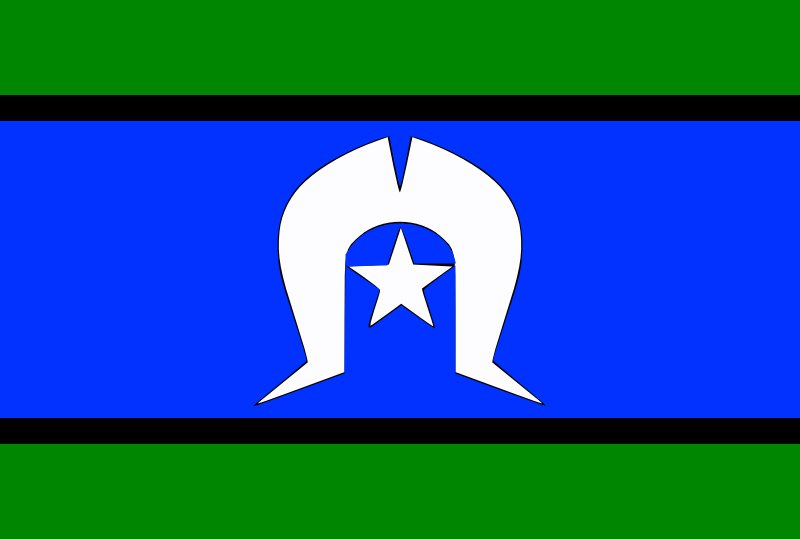In July, AQA hosted a five-day, four-night course focused on skill and capacity building. Learn about what it was like, and the exciting project behind it.
The Living Well Project is a new initiative from AQA, launched this year. Created for people living with a spinal cord injury or similar physical disability, the project aims to build community and individual capacity through peer-led training.
In July, the Living Well Project hosted its first residential Skills For Independence course, over five days and four-nights at the YMCA camp in Mt Eliza. Participants had been living with SCI for periods ranging from from eight months to 15 years. Also attending were volunteer support people, support workers, the specialist peer trainers Dave Ball and Tim Rushby-Smith, and group leaders Larnie Ball and Gill Hilton. Larnie, who is also coordinating the Living Well Project, said the aim was to provide a supportive and immersive learning environment.
“We want to help participants build confidence and independence in the life skills relevant to their goals, and to expand their understanding of what is possible,” she says.

The course covered wheelchair and transfer skills, and hosted group discussions on topics such as managing pain and fatigue, positive mental health and emotional wellbeing post injury, dealing with the challenges of being away from home, and personal goal setting. It also explored what living well with spinal cord injury meant for the participants, and the choices they could make to support that vision.
The course participant with least lived experience of spinal cord injury was Dion Woodward. Dion had been living with paraplegia from a T8-10 injury since November last year, after undergoing surgery to remove a tumor. Dion went through rehabilitation at Monash Health, which doesn’t have a specialised spinal unit. Add Covid-19, and his connection with the SCI community had taken place almost exclusively online.
“I really liked the course – being around people who’ve been in chairs for a long time was great. I learned a lot,” Dion reports.
“We all had tea together every night, and that was nice. Plenty of time to share my story, and hear other people’s.”

Dion said that by the end of the course, he was feeling pretty confident with most of the basic wheelchair skills he’d learnt.
“I was definitely out of my comfort zone when I got to the extreme stuff, like back wheel balancing down the step,” he says. “But once you’ve mastered one thing, you’re already going out of your next comfort zone for the next one. And we all helped each other.”
Some participants attended the course with an eye to teaching on future courses as Peer Leaders with AQA. One of those was Lynne Panayiotis, who works in Spinal Peer Support at the Royal Talbot Rehabilitation Centre in Kew. She has been living with a T12 spinal cord injury since 2006. Lynne said it had been very helpful that Larnie and her administrative team had made every effort to ensure each participant was as comfortable as possible, so that it felt easier to develop new skills.
“Larnie and her team were really good at talking through what the issues are for you,” says Lynne.

“For me, the cold triggers my pain. So, they had the heaters going full blast. All the able bods were sweating away, and us paras and quads were thinking, gee, it’s really quite comfortable in here, isn’t that lovely!”
By the end of the course, Lynne had descended two steps in her wheelchair, facing forward, for the first time.
“Just goes to show, even an old hand can learn new tricks,” she says.
Lynne also pointed out the importance of using unfamiliar support people during the course, as a way of boosting participants’ verbal independence. “Part of developing these skills is being able to instruct your support person on how to help you. It’s being able to tell them what you want, and how you want it to be done,” says Lynne.

“Otherwise, you leave the course feeling really confident, but when you get home and want to keep practising, your family member or carer hasn’t learned how to spot you well enough, or trust that you can do it.
“Practising these skills often involve really finely balanced situations. If your spotter is holding your chair too tightly, you fight back – and so they hold on even tighter, which undermines the exercise, and you lose your confidence,” says Lynne.
Since returning home, Dion says his support worker has picked up the spotter role quickly.
“They’re pretty good, so I can keep practising.” Before he was injured, Dion drove trucks, and rode motorbikes. “Everything’s flipped over now,” says Dion, on life after injury.
“I’m still figuring it out. At the moment I’m just focusing on my exercises, my physio, and building my skills.”
For more information about this course, please contact: [email protected]
- August 31, 2021




